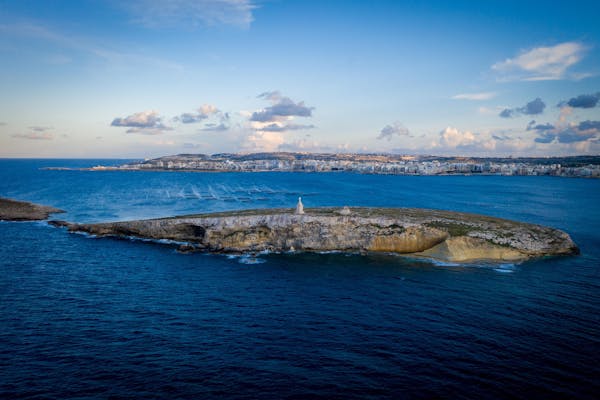Paul left Athens and made his way to Corinth, traveling across the Corinthian Isthmus alongside hundreds of other travelers. The cool breezes drifting off the ocean and the salty seaspray perfuming the air would have created the perfect traveling conditions and it would have been easy for Paul to spend the long walk thinking.
Through the Port of Lechaion and up the slight incline through the gates of Corinth, the capital of the Roman Province of Achaia. Yet another greek city stuffed full of temples and shrines to unnumbered idols. Paul’s attitude in Corinth was different from what it had been in Corinth. Reflecting on this later he wrote “And I, when I came to you brothers, did not come proclaiming to you the testimony of God with lofty speech or wisdom. For I decided to know nothing among you except Jesus Christ and him crucified. And I was with you in weakness and in fear and much trembling” (1 Corinthians 2:1-3)
Maybe the long walk helped Paul to clear his head and assess what had happened in Athens. Maybe he felt that he had tried to impress the Athenians too much with his knowledge of Greek philosophy and his oratory skills. Maybe he felt he needed to go back to the basics with the Corinthians, strip his messaging down to the bare bones of the message without any accompanying frills. Whatever the reason he appears to have had a clear plan about what to preach in Corinth from the outset.

